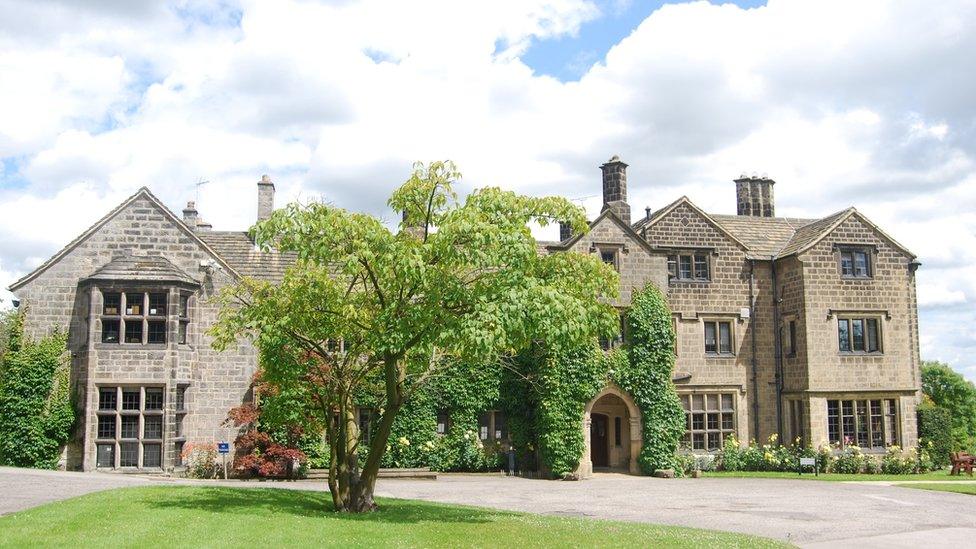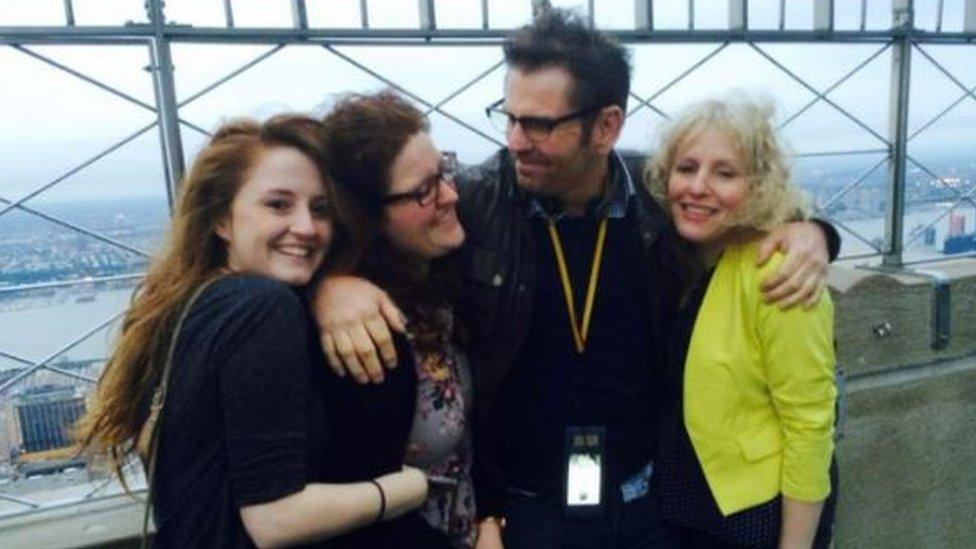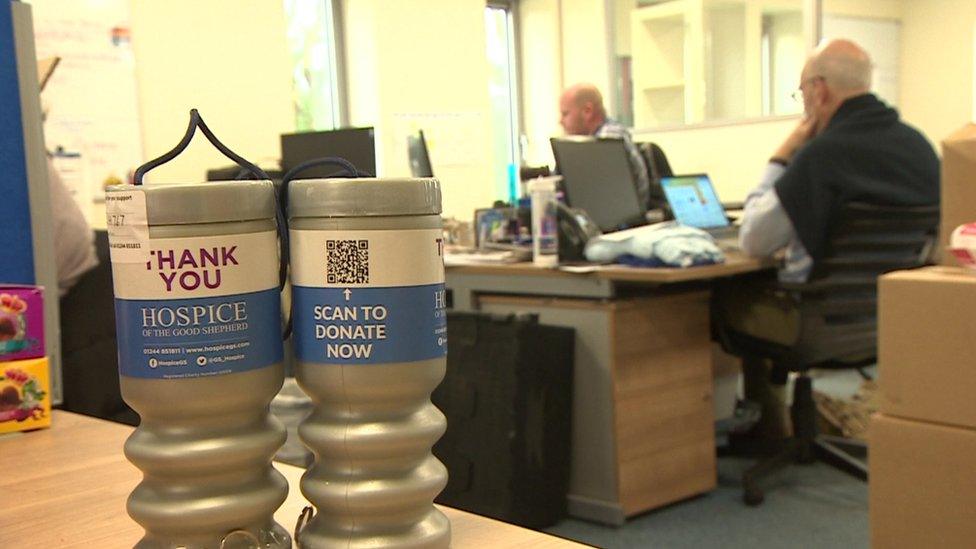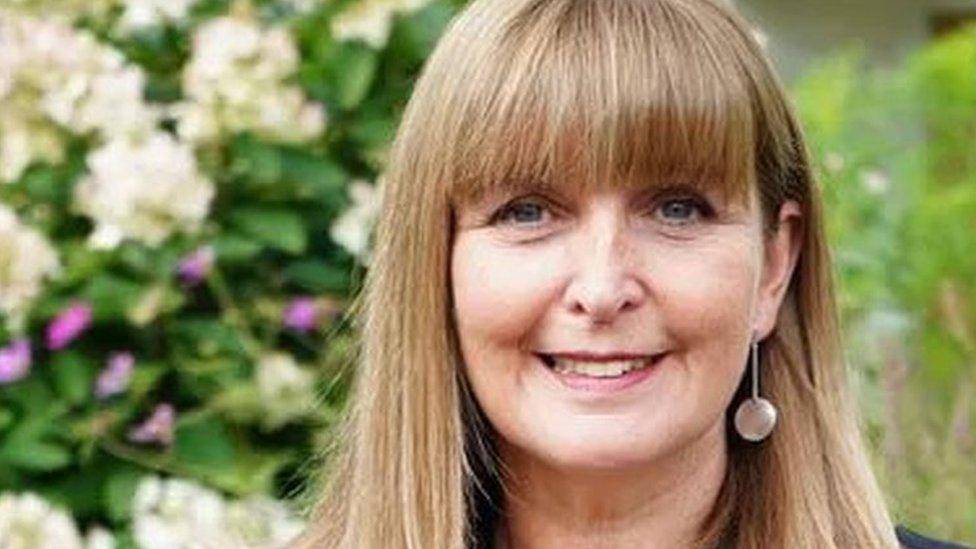Harrogate hospice faces £500K shortfall due to rising costs
- Published

St Michael's provides care at Crimple House and in people's own homes
A Harrogate hospice has appealed for public support, after it claimed to have a funding gap of £500,000.
Saint Michael's Hospice said that it had been "struggling to keep up with rising costs", amid high inflation.
The charity added its government funding had increased by "just 1.2%", despite the "staggering" prices rises.
The government said most palliative care was provided by the NHS but it recognised the "incredibly valuable role" the charity sector played.
The hospice said its new appeal was the first it had carried out in a decade.
A spokesperson said the charity received "just 17% funding from government income streams, which is set to raise by just 1.2%, despite inflation rocketing".
"This leaves the charity appealing to the generosity of its supporters and community to make up the £500,000 short fall not only this year, but for years to come."
Saint Michael's offers hospice care, bereavement support and emotional wellbeing support to communities in Harrogate, both from its Hornbeam Park hospice and in people's own homes.
The charity said "no-one should face terminal illness alone".

'Forget everything'

Bill Crewe (centre) was cared for at Saint Michael's before his death from cancer
Beth Crewe, 34, from Knaresborough, said her father Bill was diagnosed with bowel cancer when she was 25.
She said St Michael's had played a big role in helping her family through his illness.
"I know that sounds cliché, but it became a bit of an anchor when we had been really lost, and no one had helped us," she said.
Her father died at the hospice not long after his diagnosis, but Ms Crewe recalled watching films together and seeing him relaxed in casual clothes before his death, which was a stark contrast to the hospital gowns she had become used to.
"Every day felt to me like we were just celebrating being together and having those moments," she said.
"It gave us that space to forget about everything."

A Department of Health and Social Care spokesperson praised the hospice's role in supporting families and said it wanted "everyone to have access to high-quality end of life care".
"Which is why we require all local NHS integrated care boards to commission palliative and end of life care services to meet the needs of their local populations," they said.
"The majority of palliative and end of life care is provided via GPs, hospitals, and community health services - however we recognise the incredibly valuable role the charity sector plays in providing hospice care and supporting loved ones."

Follow BBC Yorkshire on Facebook, external, X (formerly Twitter), external and Instagram, external. Send your story ideas to yorkslincs.news@bbc.co.uk, external.
- Published31 January 2024

- Published19 June 2023
